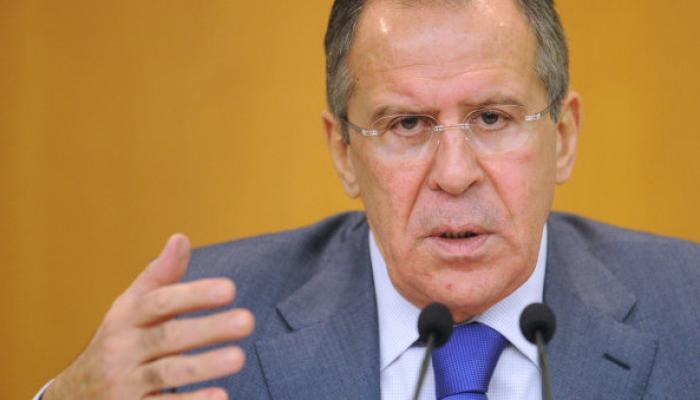Moscow, June 23 (RHC)-- Russian Foreign Minister Sergey Lavrov called on the NATO military alliance to respect agreements on "indivisible security" and lashed out at the western military block's growing presence near the Russian borders. Speaking in Moscow, Lavrov said it was "unacceptable" for NATO to draw new dividing lines under the pretext of boosting security.
For nearly two decades NATO has been expanding its reach by drawing new dividing lines over formerly inimical Eastern European territory.
"We will continue to call on our NATO counterparts to respect all the agreements made at the political level, particularly at the highest level,” said Lavrov, noting that these agreements declare as unacceptable the drawing of new dividing lines and emphasize the need to ensure indivisible security so that no one has to strengthen their security by damaging the security of others.
NATO member states, largely made up of Western European countries, have significantly increased their military activities near Russia’s western borders in recent years.
Russia, realizing that security threat under its nose, has held several military drills to maintain preparedness.
NATO severed ties with Russia and subsequently increased its military presence in the Baltic Region following the in 2014 reintegration of the Crimean Peninsula to Russia in a referendum. The EU and the U.S. say the military buildup is necessary to stop what they refer to as the "Russian aggression." Russia has promised to respond to any threats in kind.
Russian foreign minister says NATO should respect security agreements

Related Articles
Commentaries
MAKE A COMMENT
All fields requiredMore Views
- Cuba to play women's soccer friendlies against Peru
- Artistic swimmers prepare for continental competition
- President Nicolas Maduro rejects Marco Rubio's threats against Venezuela
- Russian minister says BRICS to establish digital payment system for members
- Ibero-American Criminal Sciences event comes to a close in Cuba

